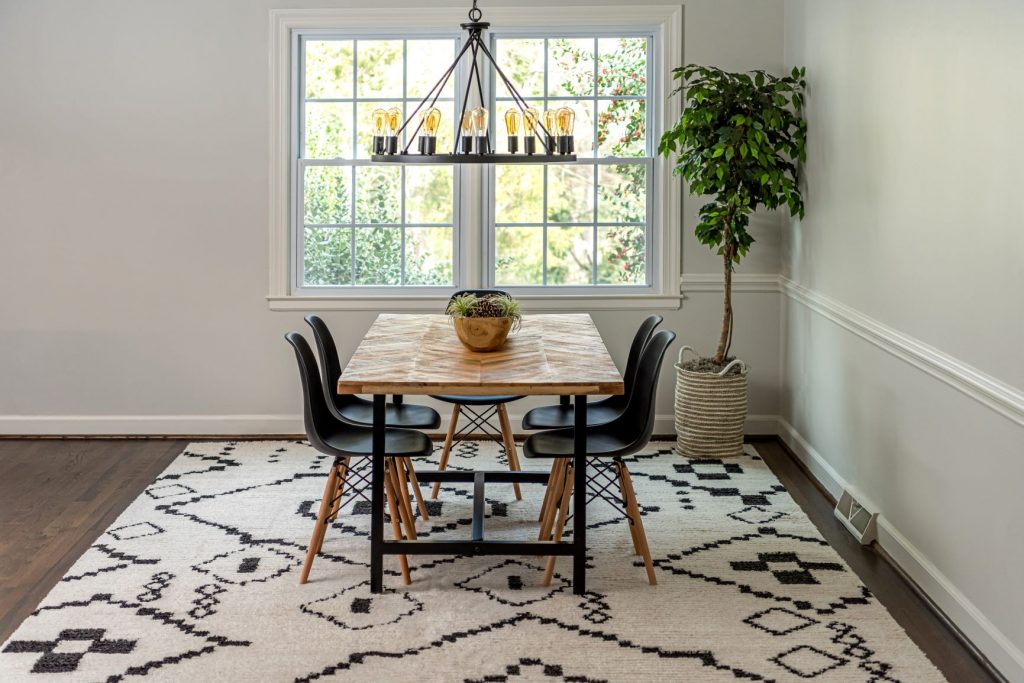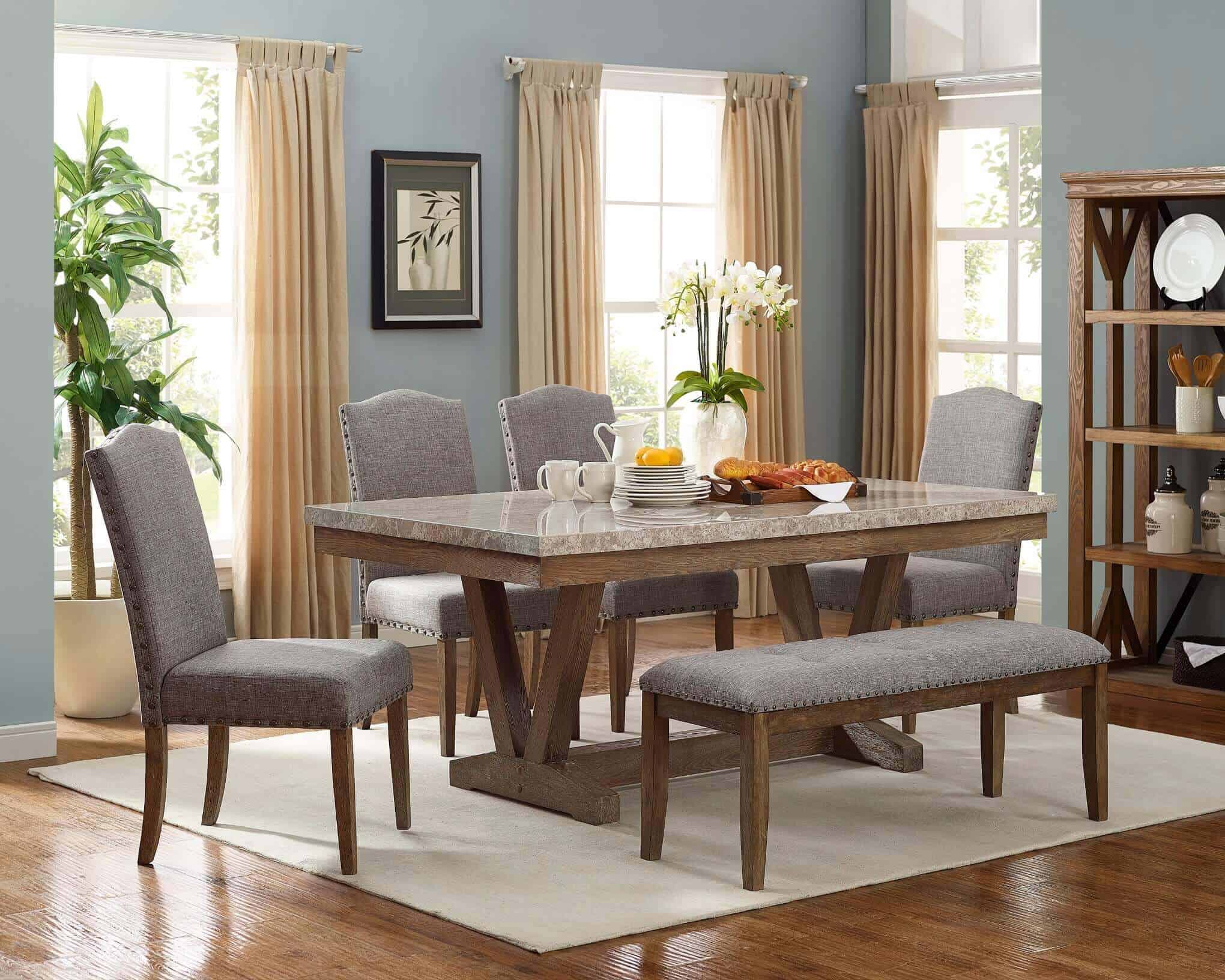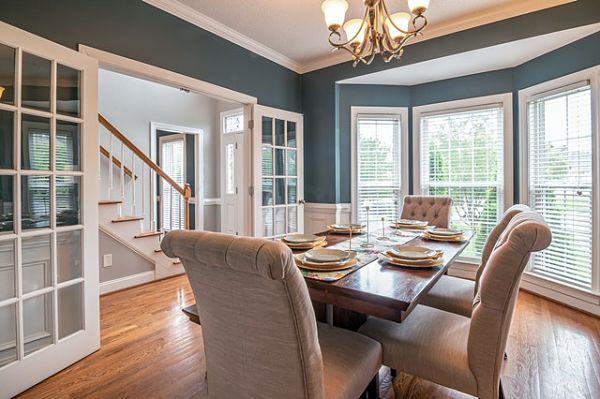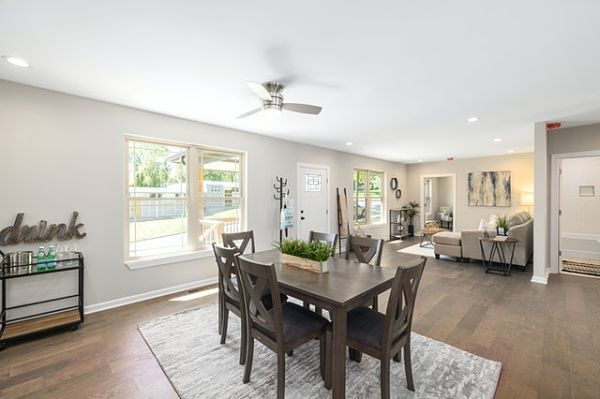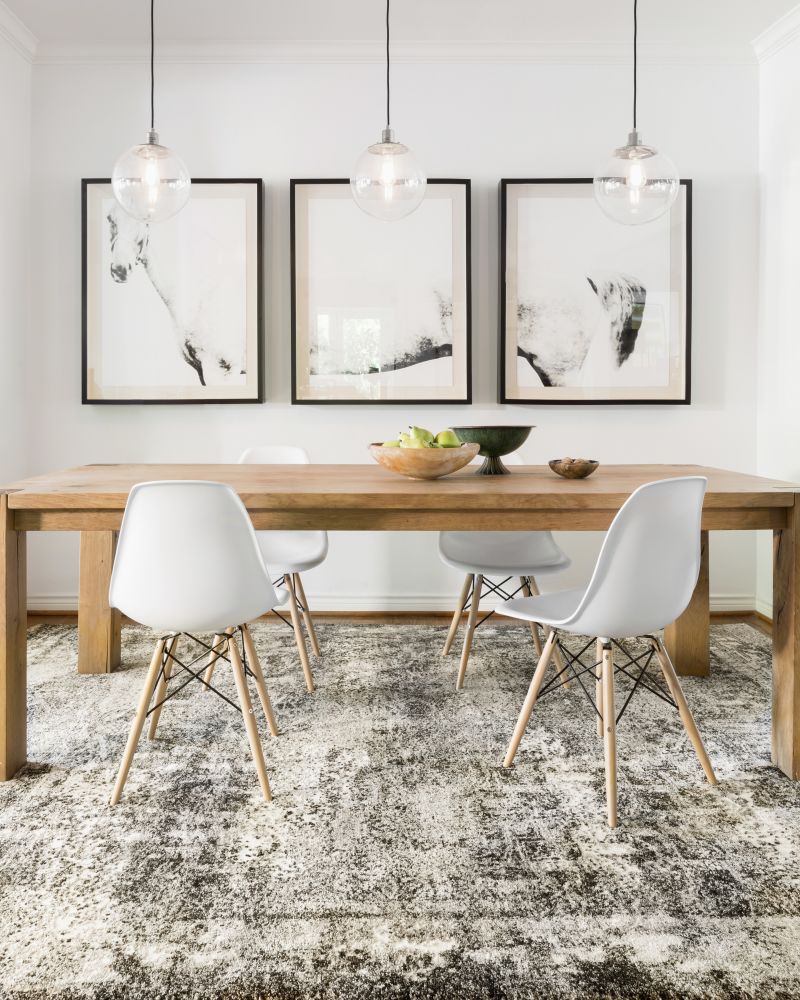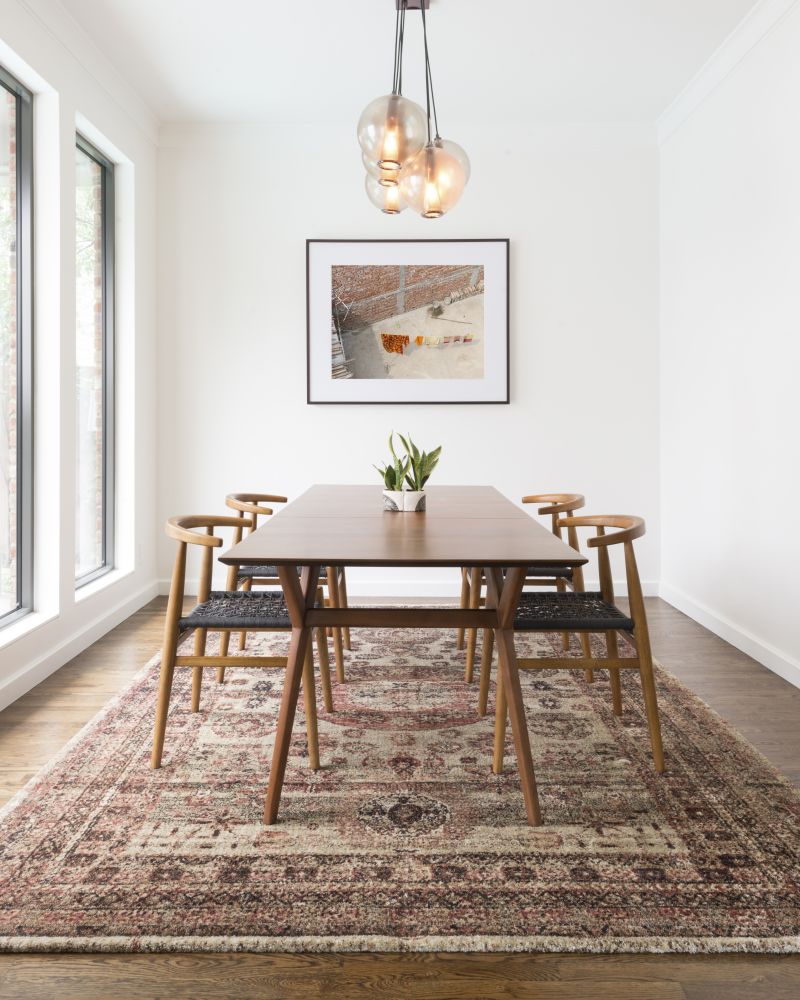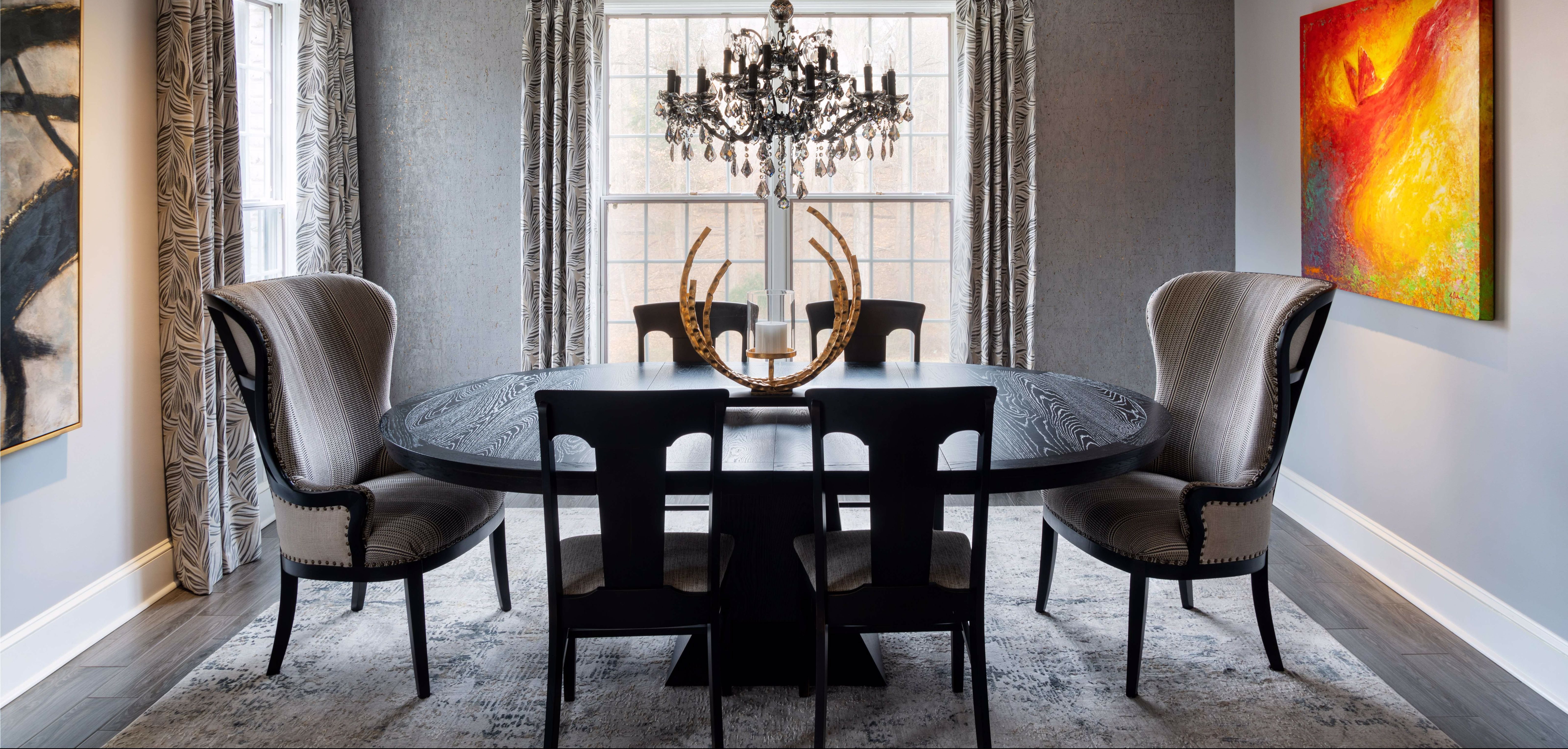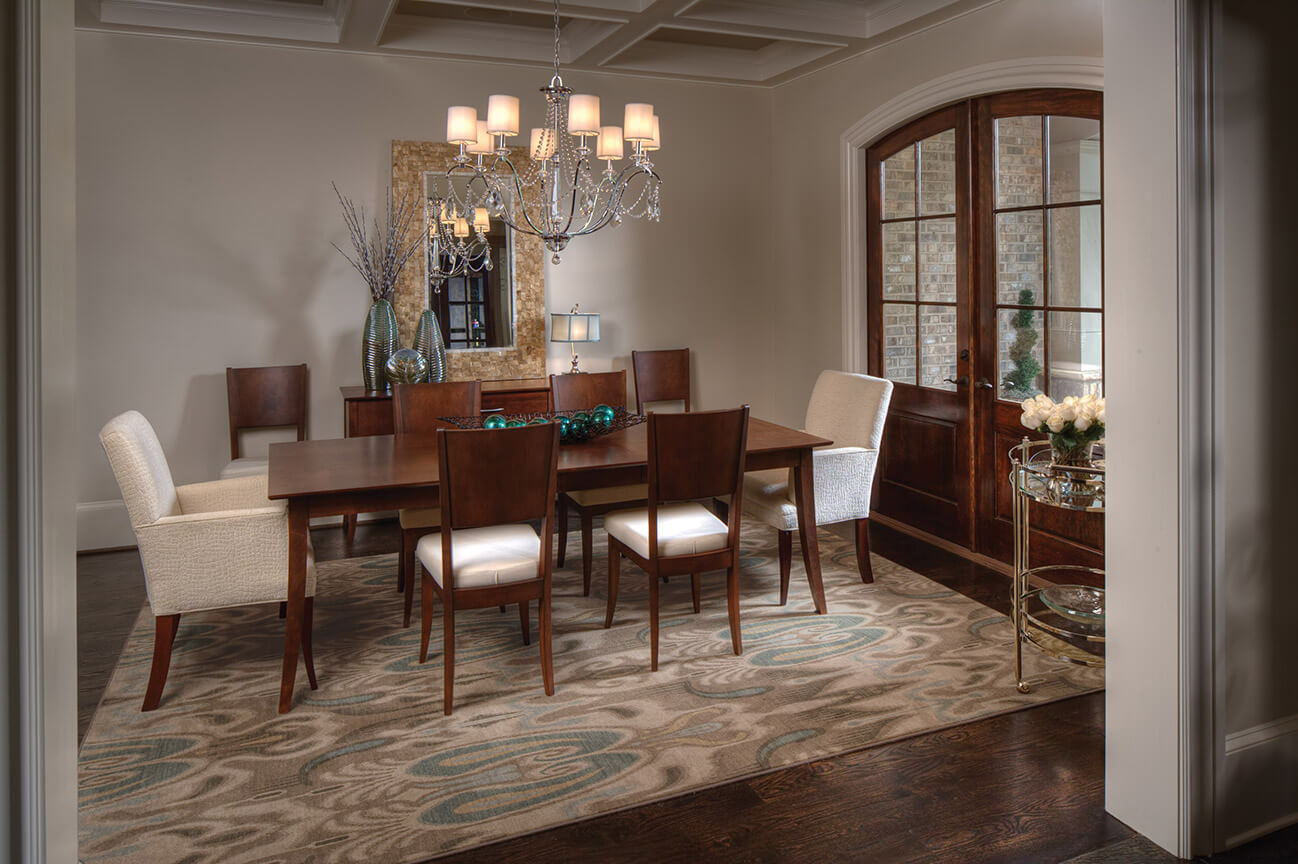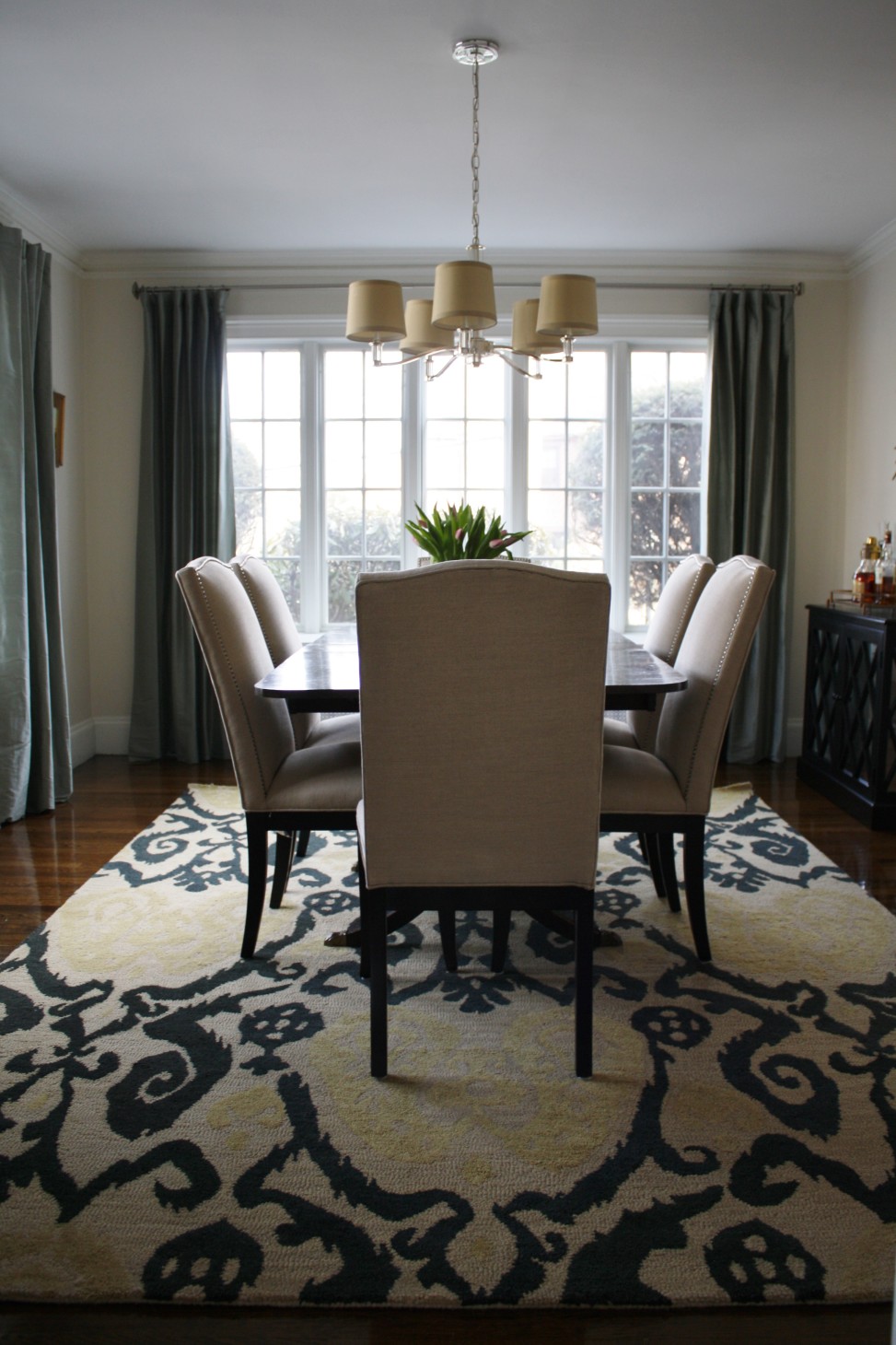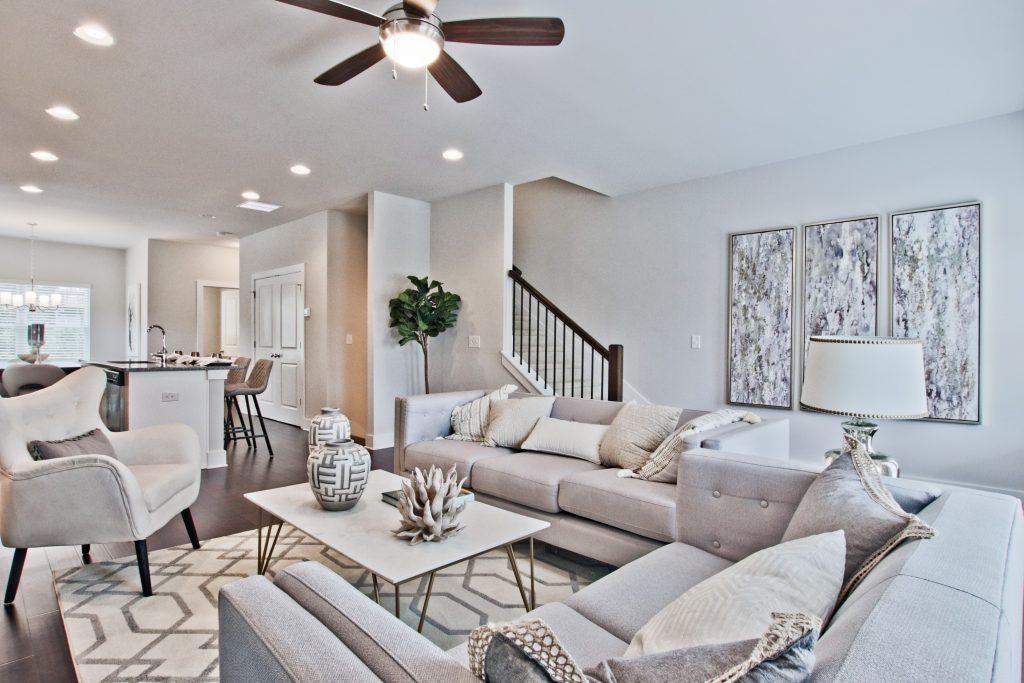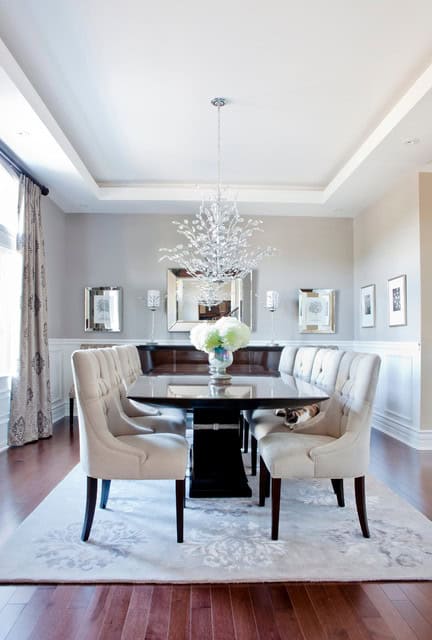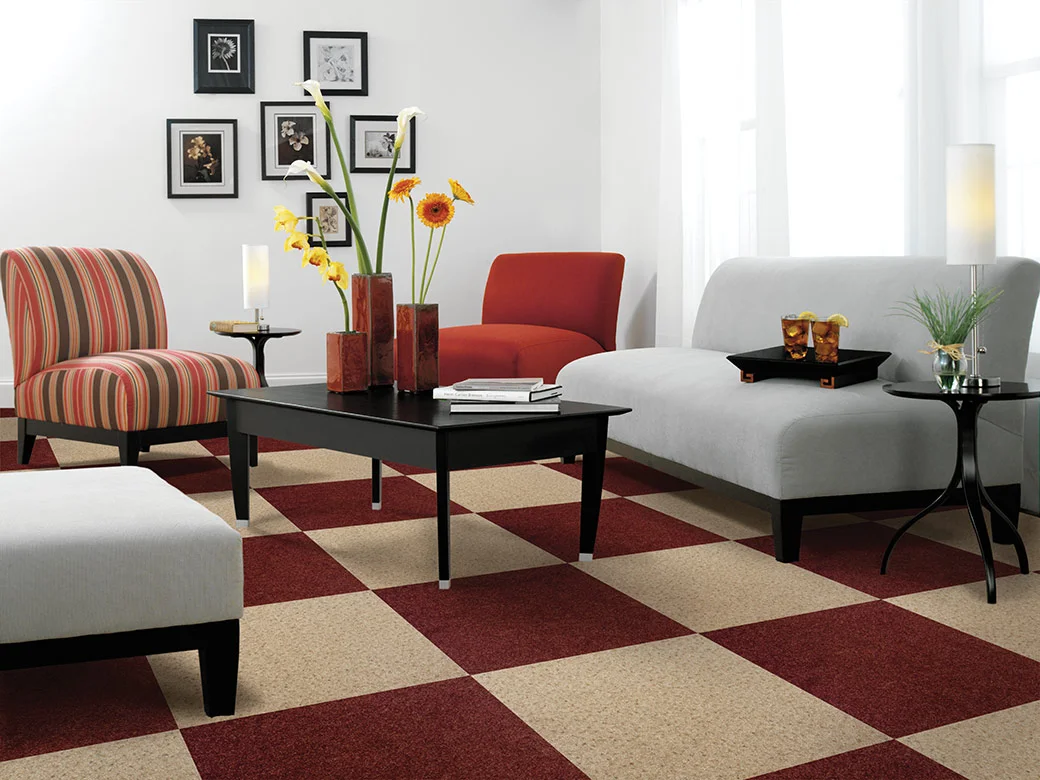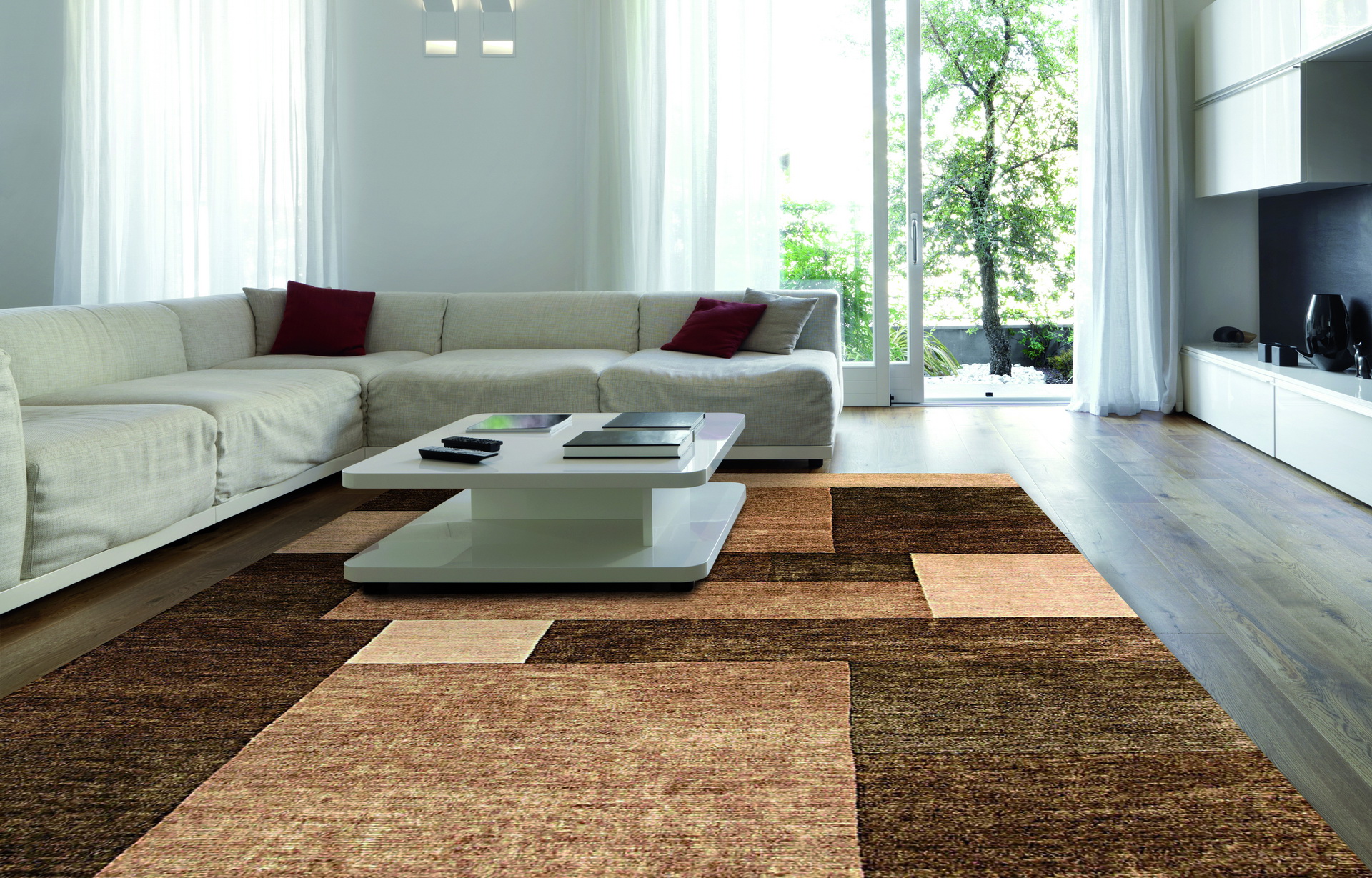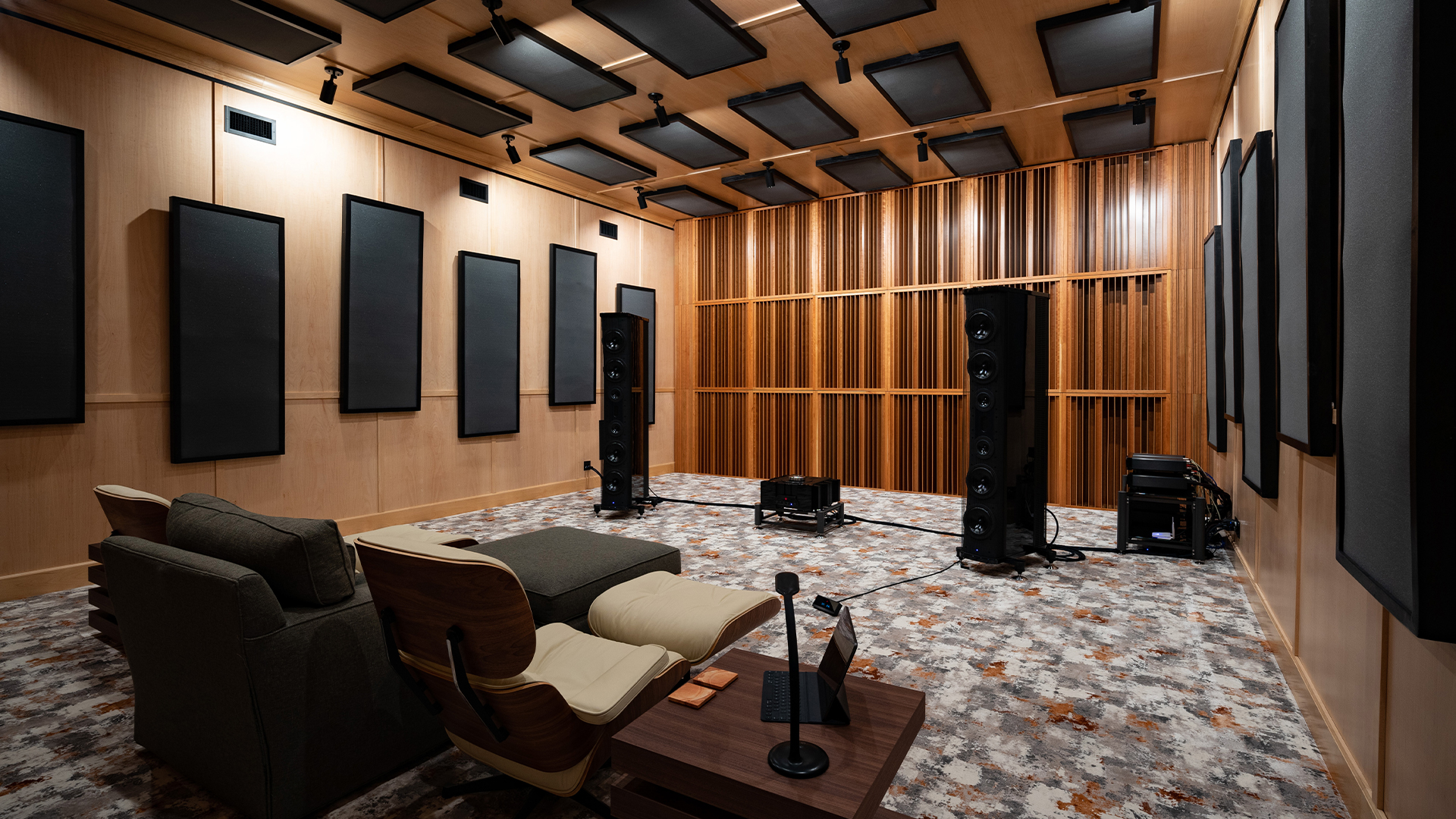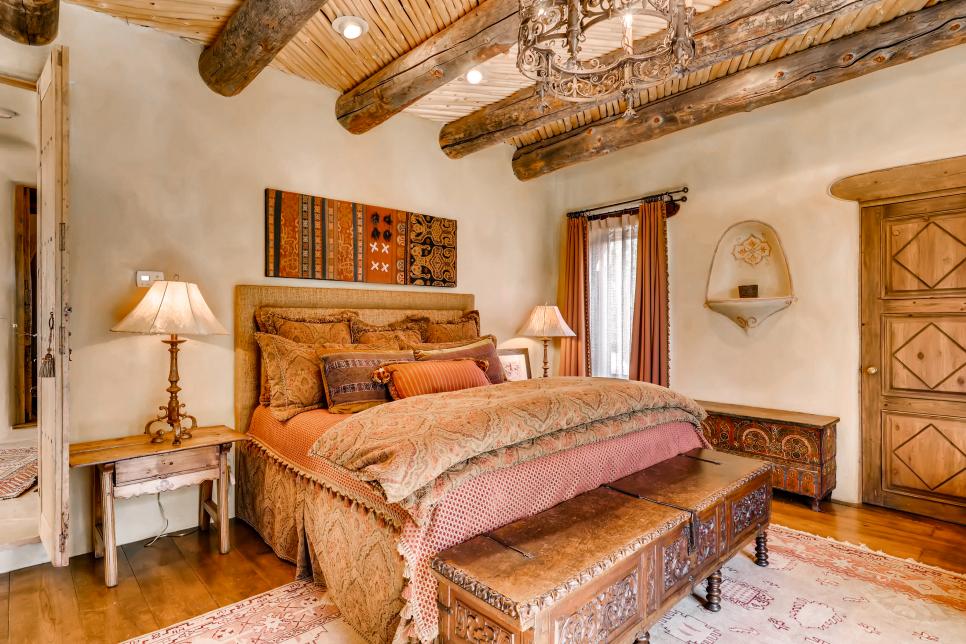Carpet in Dining Room: Pros and Cons
Adding carpet to your dining room can be a controversial decision for some homeowners. While some swear by the comfort and coziness it brings, others argue that it's not the most practical flooring choice for a space where food is regularly consumed. So, can you have carpet in a dining room? Let's weigh the pros and cons.
On the plus side, carpet can add warmth and softness to the dining room, making it feel more inviting and comfortable. It also has the ability to absorb sound, making it a great choice for reducing noise in a space where conversations and clinking dishes are common. Additionally, carpet comes in a variety of styles, colors, and patterns, making it easy to find the perfect fit for your dining room design.
However, there are also some drawbacks to consider. Carpet can easily stain and trap food crumbs and spills, which can be a hassle to clean. It may also not be the most practical choice for households with young children or pets, as accidents and spills are bound to happen. And if you have a formal dining room that is only used for special occasions, carpet may not be the most practical or cost-effective option.
How to Choose the Perfect Carpet for Your Dining Room
Now that you've weighed the pros and cons, you may have decided that carpet is the right choice for your dining room. But how do you choose the perfect carpet for this space? Here are a few tips to keep in mind:
Consider the foot traffic: The dining room is a high-traffic area, so it's important to choose a durable carpet that can withstand frequent use and potential spills. Look for carpets with a high twist count and stain-resistant properties.
Pick the right material: There are various materials to choose from when it comes to carpet, each with its own benefits. Wool is known for its durability and natural stain resistance, while nylon is a popular choice for its affordability and easy maintenance.
Think about the color and pattern: Choosing a carpet color and pattern is a matter of personal preference, but it's important to consider the overall design and color scheme of your dining room. A lighter colored carpet can make the space feel larger, while a darker color can create a cozy and intimate atmosphere.
Best Types of Carpet for Dining Rooms
As mentioned earlier, there are various types of carpet to choose from, each with its own unique qualities. Here are some of the best types of carpet for dining rooms:
Wool: As mentioned, wool is a durable and stain-resistant material that is also eco-friendly. It is a great choice for high-traffic areas like dining rooms.
Nylon: Nylon is a synthetic material that is known for its strength and durability. It is a popular choice for heavily used areas like dining rooms.
Polyester: Polyester is a budget-friendly option that is also known for its softness and stain resistance. However, it may not be as durable as other materials.
Olefin: Olefin is a synthetic material that is resistant to moisture and stains. It is a good choice for dining rooms that may be prone to spills.
Carpet vs. Hardwood in Dining Rooms: Which is Better?
If you're still on the fence about whether to choose carpet or hardwood for your dining room, here's a comparison to help you decide:
Style: Hardwood is a classic and timeless flooring option that can add elegance and sophistication to a dining room. However, carpet can also add a cozy and inviting touch to the space.
Cleaning and maintenance: Hardwood is easier to clean and maintain, as spills and messes can be easily wiped up. Carpet may require more frequent vacuuming and occasional professional cleaning.
Comfort and acoustics: Carpet wins in terms of comfort and noise reduction, making it a better choice for families with children or those who entertain often.
Cost: Hardwood is generally more expensive than carpet, so if budget is a concern, carpet may be the more practical option.
How to Clean and Maintain Carpet in a Dining Room
To keep your carpet looking its best in your dining room, regular cleaning and maintenance is essential. Here are some tips to keep in mind:
Vacuum regularly: Vacuuming at least once a week can help remove dirt and debris from the carpet fibers. Be sure to also use a spot cleaner for any spills or stains.
Rotate furniture: Rotating furniture can help prevent the carpet from wearing down in certain areas. This is especially important for dining room chairs that are constantly being moved in and out.
Invest in professional cleaning: Every 12-18 months, consider hiring a professional carpet cleaning service to deep clean and remove any deep-seated stains or dirt.
Incorporating Carpet into Your Dining Room Design
Now that you've chosen the perfect carpet for your dining room and know how to clean and maintain it, it's time to incorporate it into your design. Here are some ideas to get you started:
Layer with an area rug: If you have a large dining room, consider layering a stylish area rug on top of your carpet for added texture and visual interest.
Mix and match patterns: Don't be afraid to mix and match patterns in your dining room, such as a patterned carpet with a different patterned rug or curtains.
Choose a bold color: If your dining room is lacking in color, use your carpet to make a statement. A bright or bold color can add a fun and unexpected touch to the space.
Carpet vs. Area Rugs in Dining Rooms: Which is Best?
If you're still unsure about having wall-to-wall carpet in your dining room, consider using an area rug instead. Here are some benefits of using an area rug in your dining room:
Easier to clean: Area rugs can be easily removed and cleaned, making them a more practical choice for dining rooms where spills are common.
More versatile: Area rugs come in a variety of sizes and shapes, making it easy to find the perfect fit for your dining room. They can also be easily switched out for a new look or season.
Adds texture and color: An area rug can add texture and color to a dining room, helping to tie together the design and make the space feel more cohesive.
Creating a Cozy and Inviting Dining Room with Carpet
If creating a welcoming and cozy dining room is your goal, then carpet may be the perfect flooring choice for you. Here are some tips for creating a cozy and inviting space with carpet:
Layer with other soft textures: To make your dining room feel even more cozy, layer in other soft textures such as plush curtains, a soft rug, and throw pillows on dining room chairs.
Choose warm colors: Warm colors such as red, orange, and yellow can add a cozy and inviting touch to a dining room with carpet. Consider using these colors in your decor and accessories.
Add dimmable lighting: The right lighting can make all the difference in creating a cozy atmosphere. Install dimmable lighting in your dining room to adjust the mood and ambiance for different occasions.
Carpet Color Ideas for Dining Rooms
When it comes to choosing a carpet color for your dining room, the options are endless. Here are some color ideas to inspire you:
Neutral tones: Neutral colors such as beige, gray, and cream can create a timeless and versatile look in a dining room. They also provide a neutral backdrop for colorful decor and accessories.
Bold colors: As mentioned earlier, using a bold color on your dining room carpet can make a statement and add a pop of color to the space. Consider shades of blue, green, or even purple for a unique touch.
Patterned carpet: If you want to add visual interest to your dining room, consider a patterned carpet. Stripes, geometric shapes, and floral patterns are just a few options to choose from.
Maximizing Comfort and Acoustics with Carpet in a Dining Room
One of the main benefits of having carpet in a dining room is its ability to add comfort and improve acoustics in the space. Here's how to maximize these benefits:
Invest in a thick, plush carpet: The thicker and plusher the carpet, the more comfortable it will be underfoot. Look for carpets with a high pile height and density for maximum comfort.
Add in soft furnishings: To further enhance the comfort and acoustics in your dining room, add in soft furnishings such as upholstered chairs, curtains, and throw pillows.
Use sound-absorbing materials: To reduce noise in your dining room, opt for sound-absorbing materials such as curtains, upholstered chairs, and a tablecloth instead of a hard surface table.
Now that you have all the information on having carpet in a dining room, it's time to make a decision that works for your space and lifestyle. Whether you choose carpet or opt for an area rug, remember to regularly clean and maintain it to keep your dining room looking and feeling its best. With the right carpet and design choices, your dining room can be a cozy and inviting space for meals and gatherings for years to come.
Benefits of Having Carpet in a Dining Room
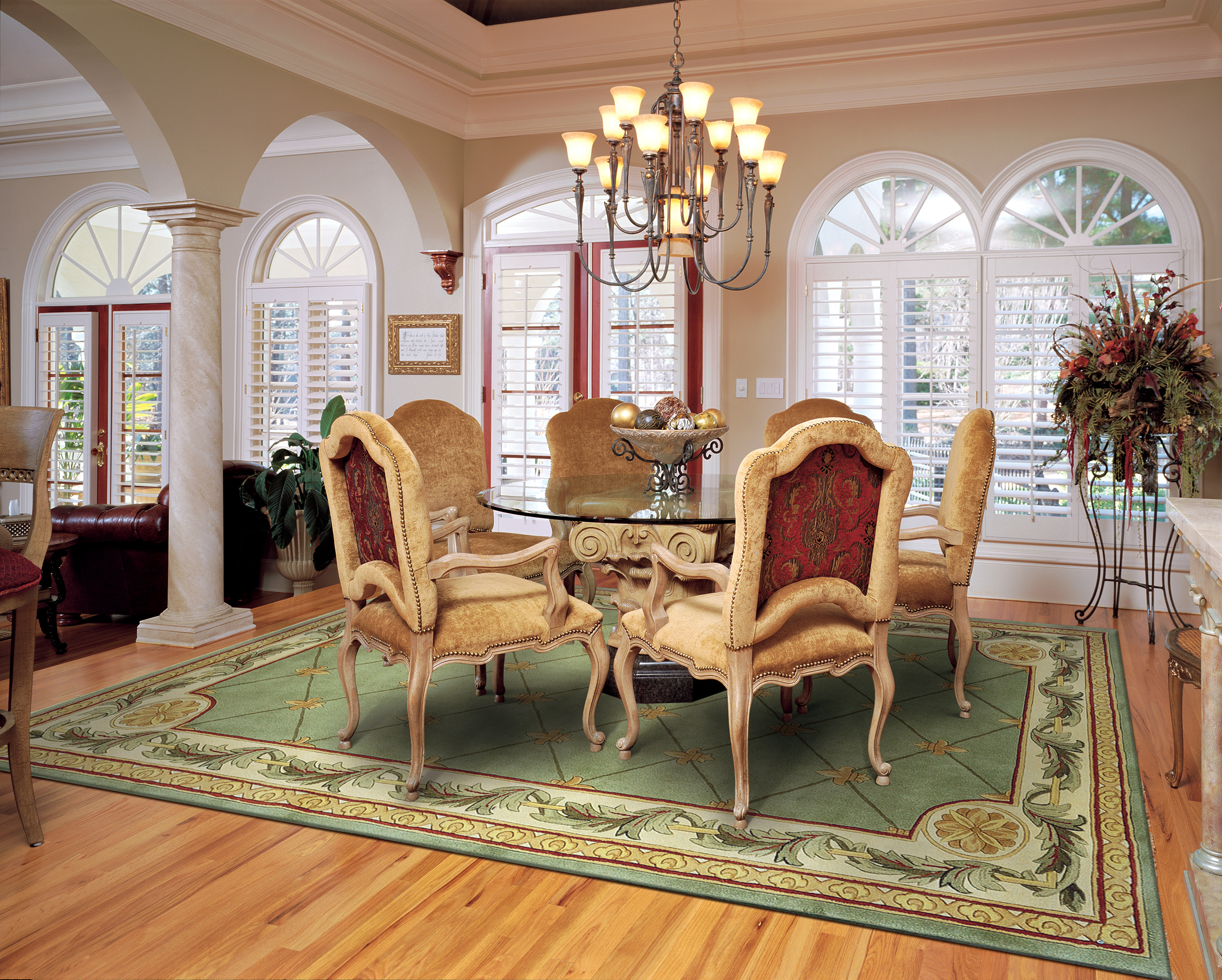
Comfort and Coziness
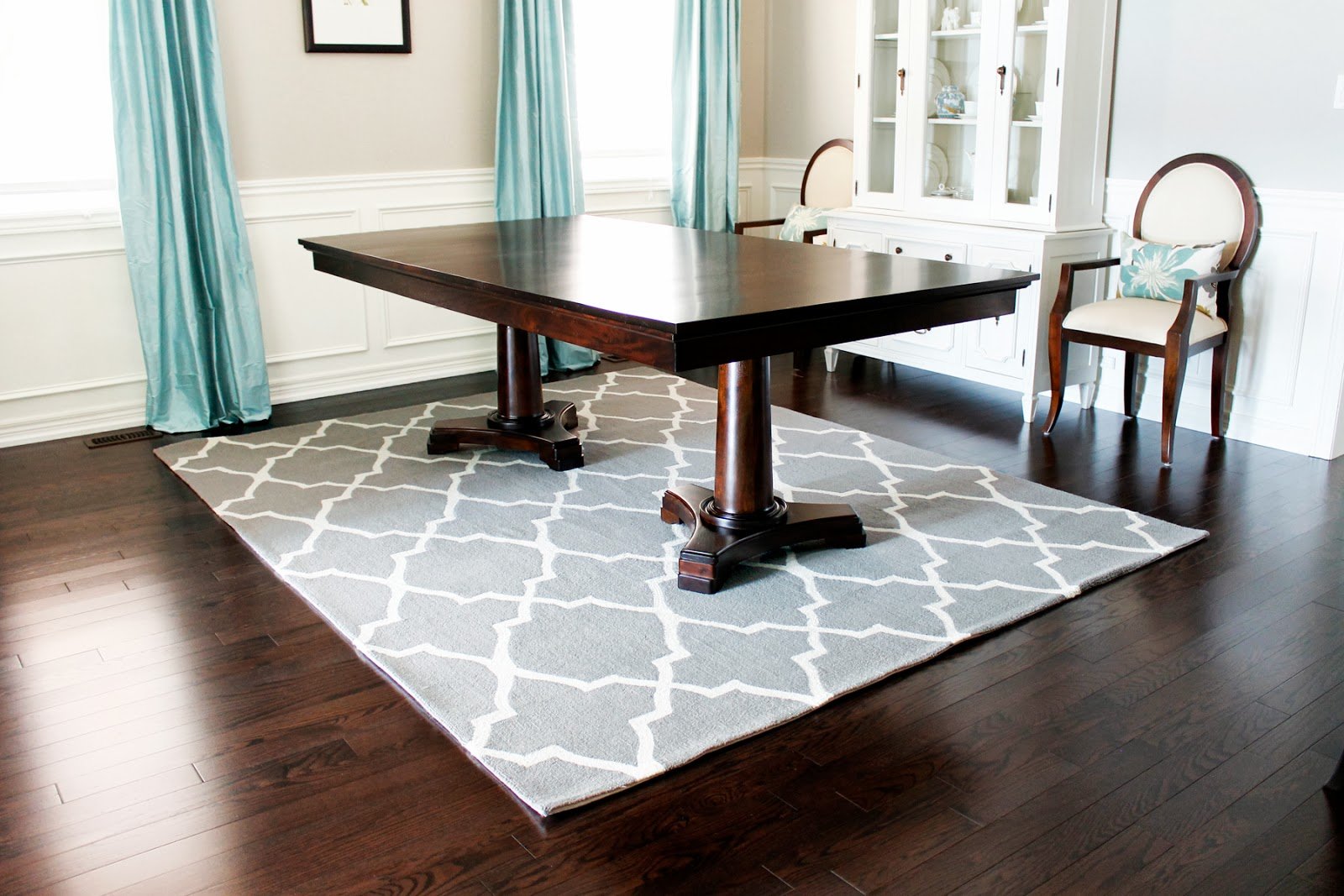 Adding
carpet
in a
dining room
can instantly make the space feel more comfortable and cozy. Unlike hardwood or tile floors,
carpet
provides a soft and warm surface for your feet to stand on while dining. This can be especially beneficial during colder months when you want to keep your feet warm while enjoying a meal. It also adds a layer of cushioning, making it more comfortable to sit and spend time in the dining room.
Adding
carpet
in a
dining room
can instantly make the space feel more comfortable and cozy. Unlike hardwood or tile floors,
carpet
provides a soft and warm surface for your feet to stand on while dining. This can be especially beneficial during colder months when you want to keep your feet warm while enjoying a meal. It also adds a layer of cushioning, making it more comfortable to sit and spend time in the dining room.
Noise Reduction
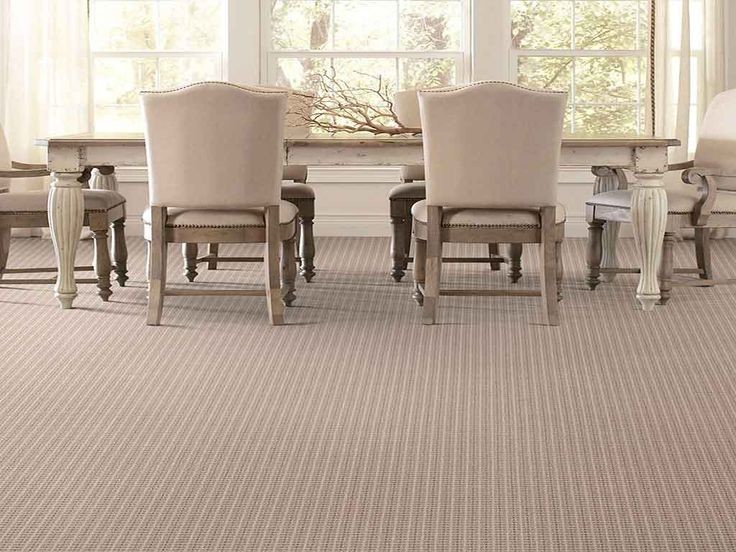 Another advantage of having
carpet
in a
dining room
is its ability to reduce noise. Hard surfaces like hardwood or tile can create echoes and amplify sound, making conversations and mealtime noises louder and more disruptive.
Carpet
absorbs sound, making the dining room a quieter and more peaceful space for meals and gatherings. This can be especially beneficial for families with young children or for those who live in apartments or condos with shared walls.
Another advantage of having
carpet
in a
dining room
is its ability to reduce noise. Hard surfaces like hardwood or tile can create echoes and amplify sound, making conversations and mealtime noises louder and more disruptive.
Carpet
absorbs sound, making the dining room a quieter and more peaceful space for meals and gatherings. This can be especially beneficial for families with young children or for those who live in apartments or condos with shared walls.
Design and Style
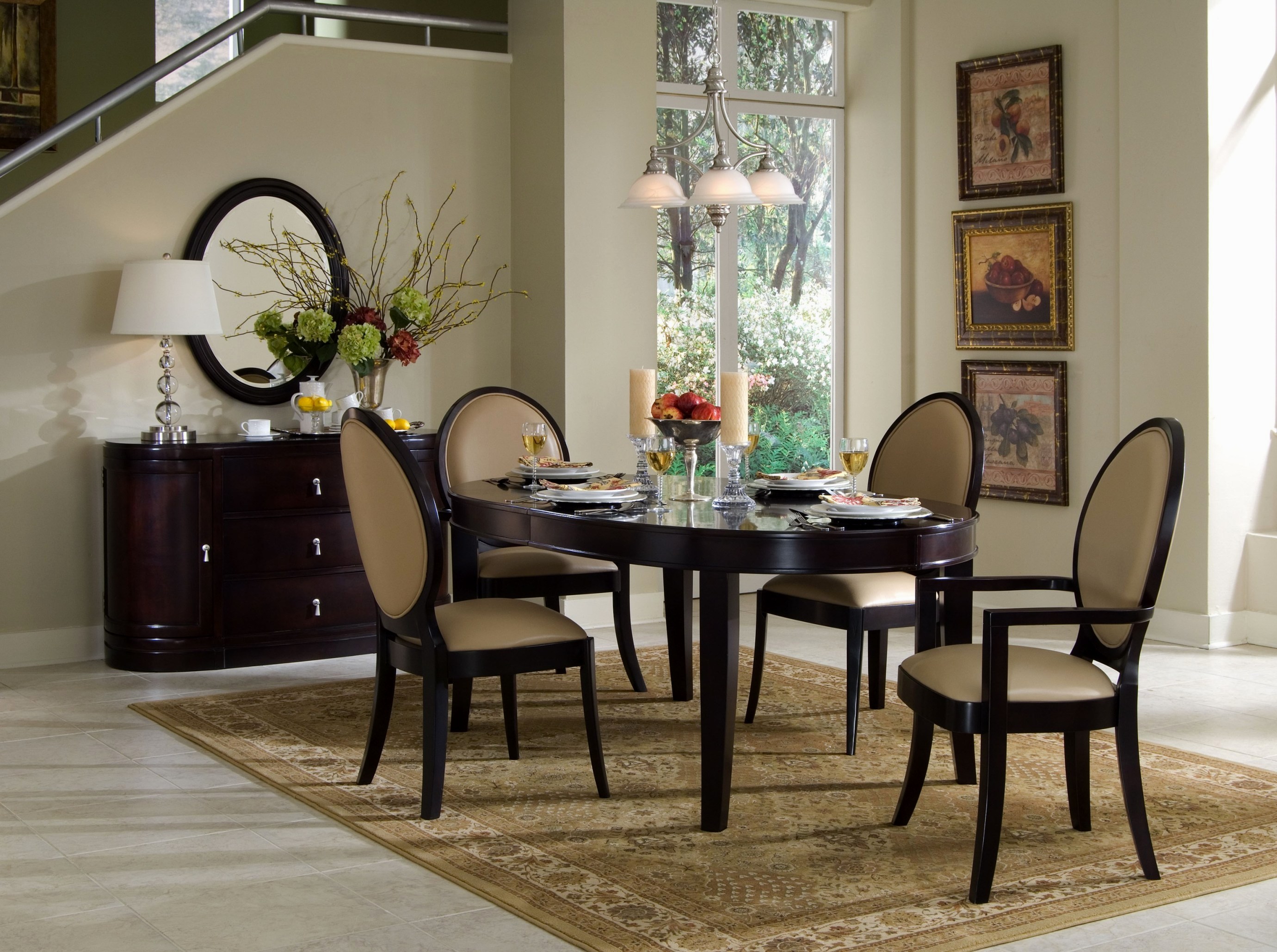 Adding
carpet
to a
dining room
can also enhance the overall design and style of the space. With a wide variety of colors, patterns, and textures to choose from,
carpet
can add a touch of elegance or add a pop of color to complement the room's decor. It can also help tie the dining room in with other areas of the house that have
carpet
flooring, creating a cohesive and visually appealing look.
Adding
carpet
to a
dining room
can also enhance the overall design and style of the space. With a wide variety of colors, patterns, and textures to choose from,
carpet
can add a touch of elegance or add a pop of color to complement the room's decor. It can also help tie the dining room in with other areas of the house that have
carpet
flooring, creating a cohesive and visually appealing look.
Easy Maintenance
 Contrary to popular belief,
carpet
can be a practical choice for a
dining room
when it comes to maintenance. With the right materials and regular cleaning,
carpet
can be just as easy to maintain as hard surfaces. Plus, any spills or stains can easily be cleaned up with a carpet cleaner or with natural solutions like vinegar and baking soda. Additionally,
carpet
can help protect the flooring beneath it from scratches and damage caused by moving dining chairs and heavy foot traffic.
Overall, having
carpet
in a
dining room
can bring numerous benefits and add to the overall comfort and style of your home. It is a versatile flooring option that can cater to different design preferences and practical needs, making it a great choice for any dining room. So, if you're considering adding
carpet
to your dining room, don't hesitate to explore your options and find the perfect fit for your space.
Contrary to popular belief,
carpet
can be a practical choice for a
dining room
when it comes to maintenance. With the right materials and regular cleaning,
carpet
can be just as easy to maintain as hard surfaces. Plus, any spills or stains can easily be cleaned up with a carpet cleaner or with natural solutions like vinegar and baking soda. Additionally,
carpet
can help protect the flooring beneath it from scratches and damage caused by moving dining chairs and heavy foot traffic.
Overall, having
carpet
in a
dining room
can bring numerous benefits and add to the overall comfort and style of your home. It is a versatile flooring option that can cater to different design preferences and practical needs, making it a great choice for any dining room. So, if you're considering adding
carpet
to your dining room, don't hesitate to explore your options and find the perfect fit for your space.


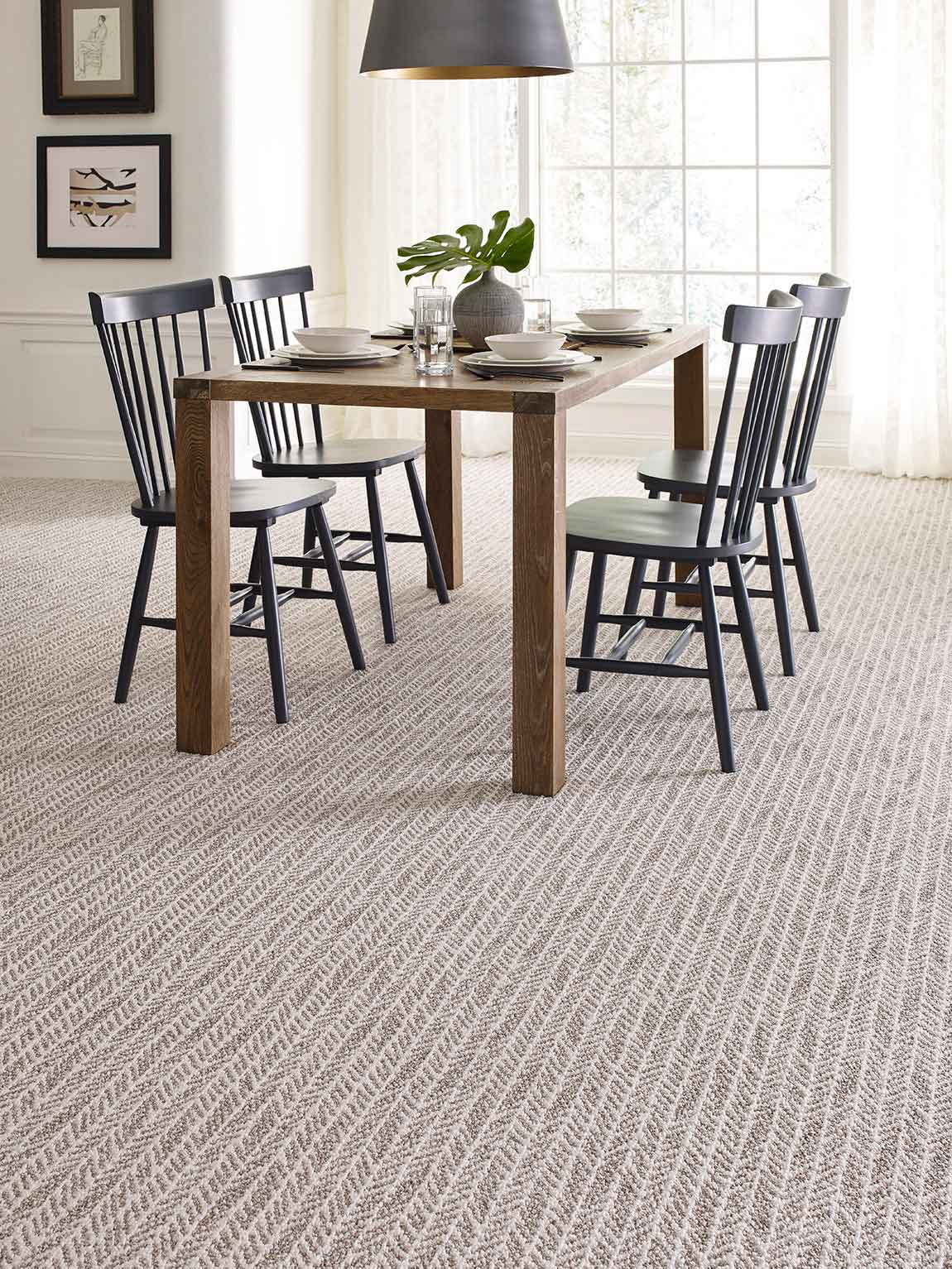
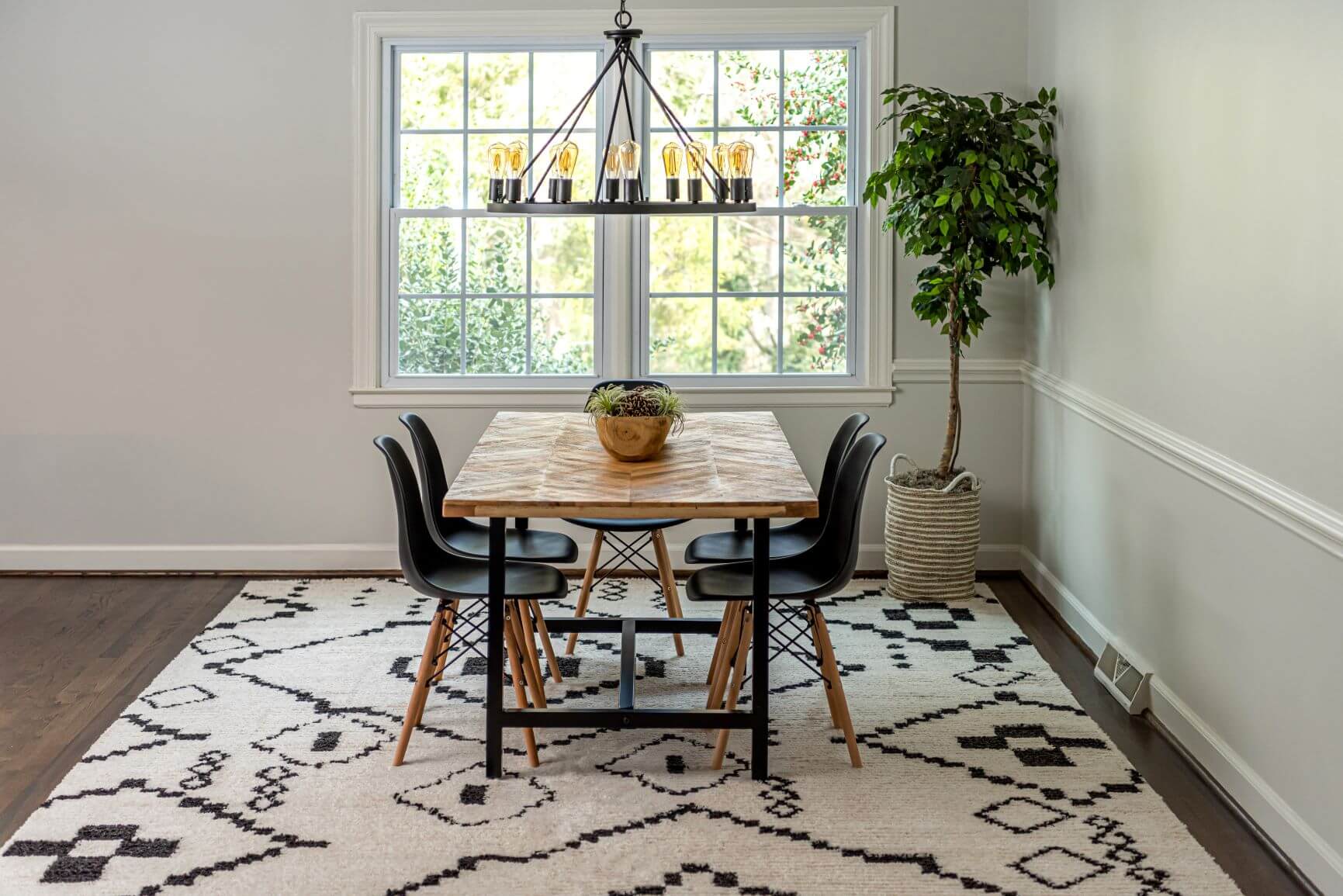



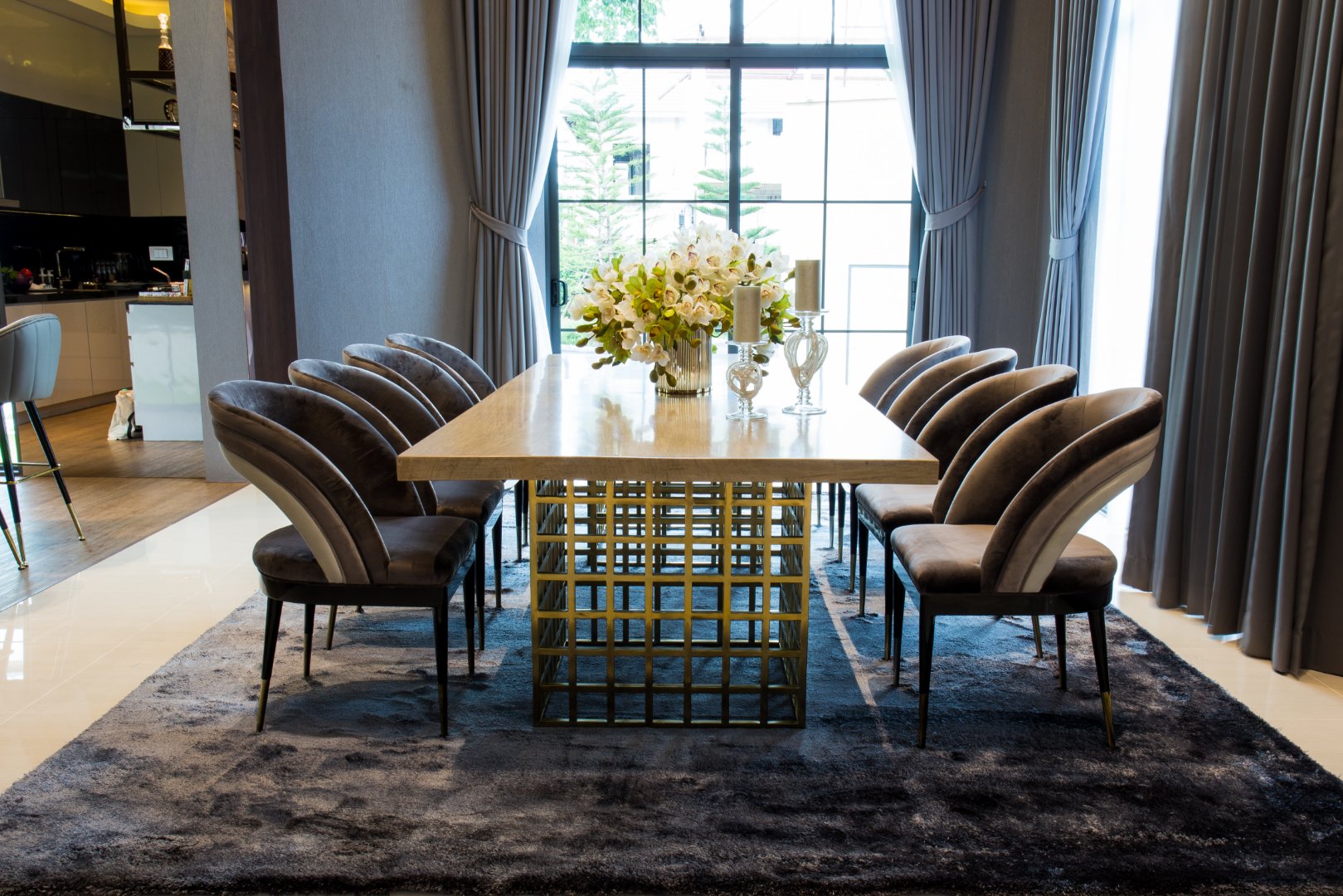

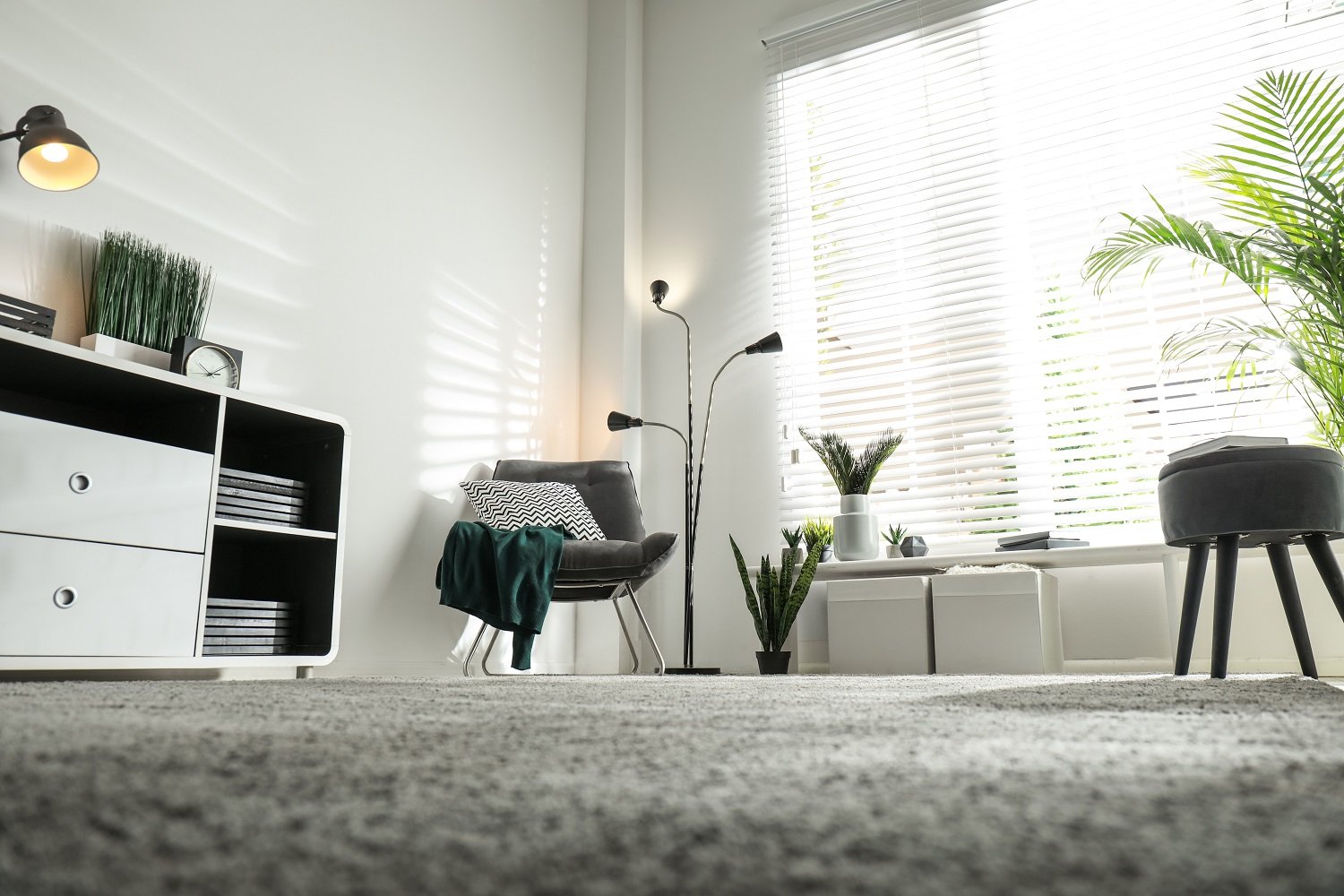



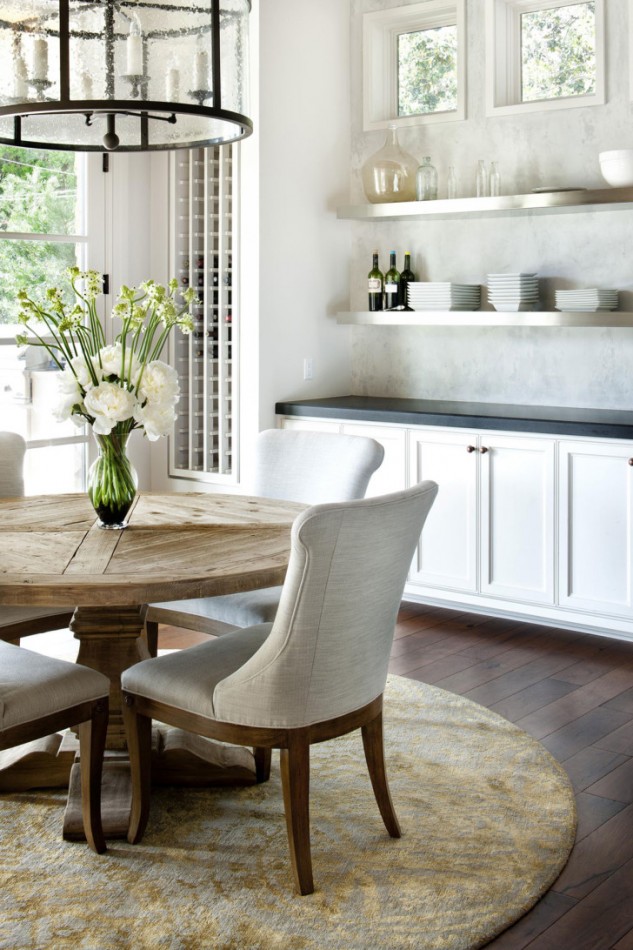
/choose-dining-room-rug-1391112-hero-4206622634654a6287cc0aff928c1fa1.jpg)

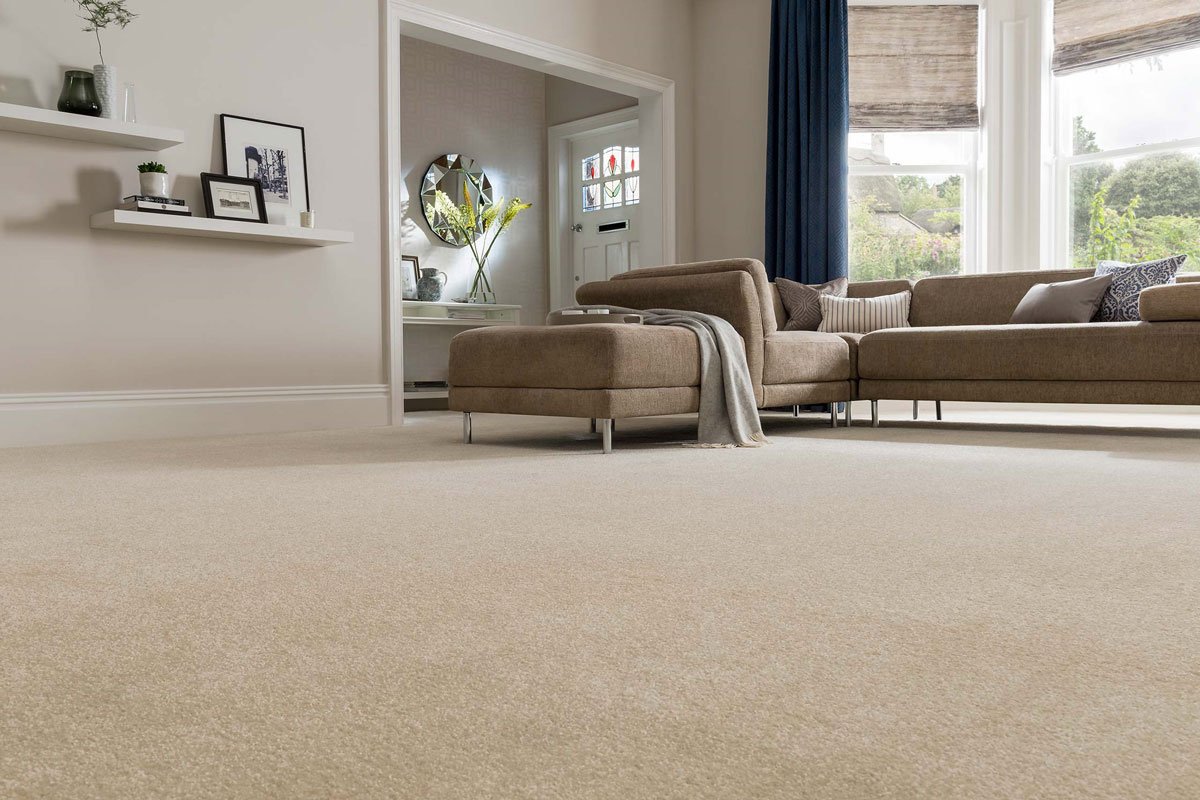






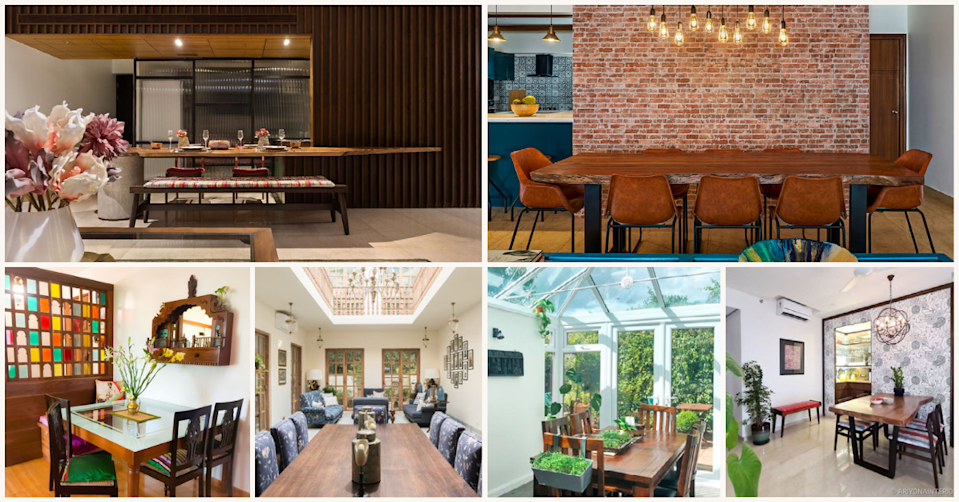





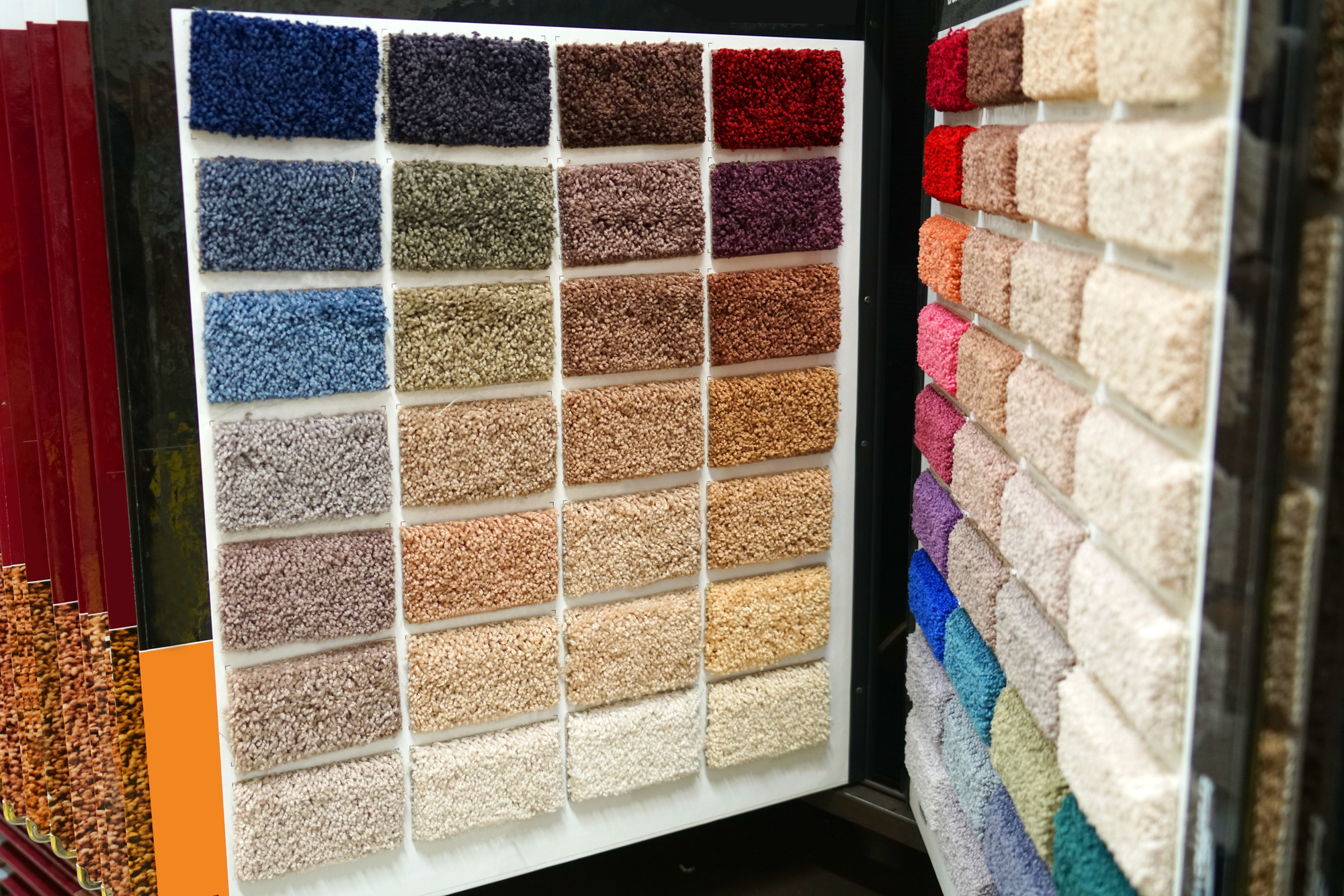

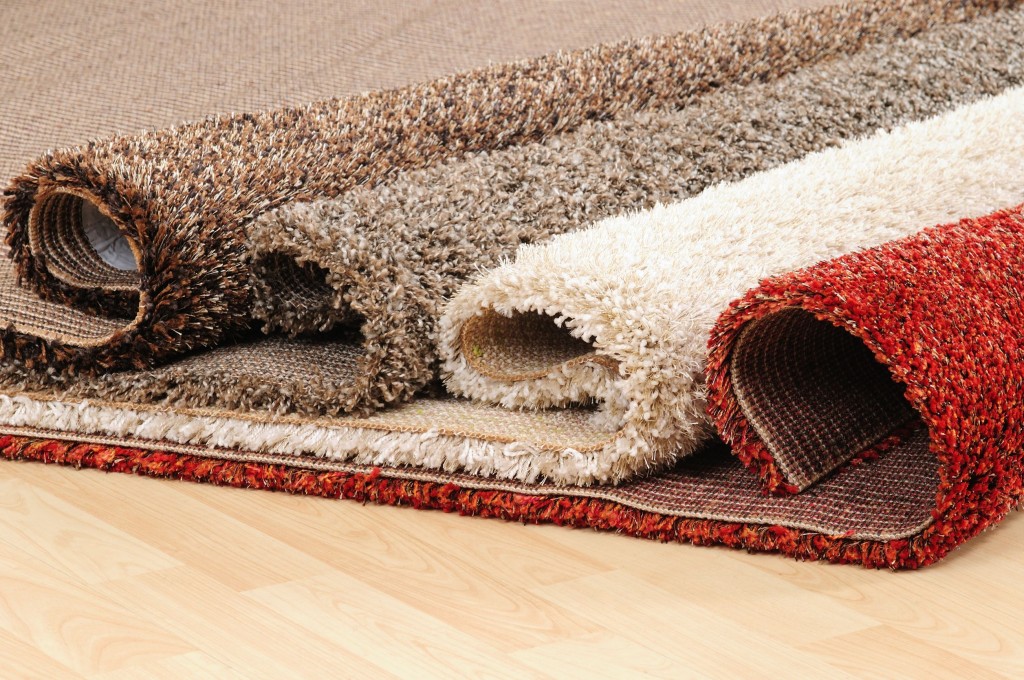
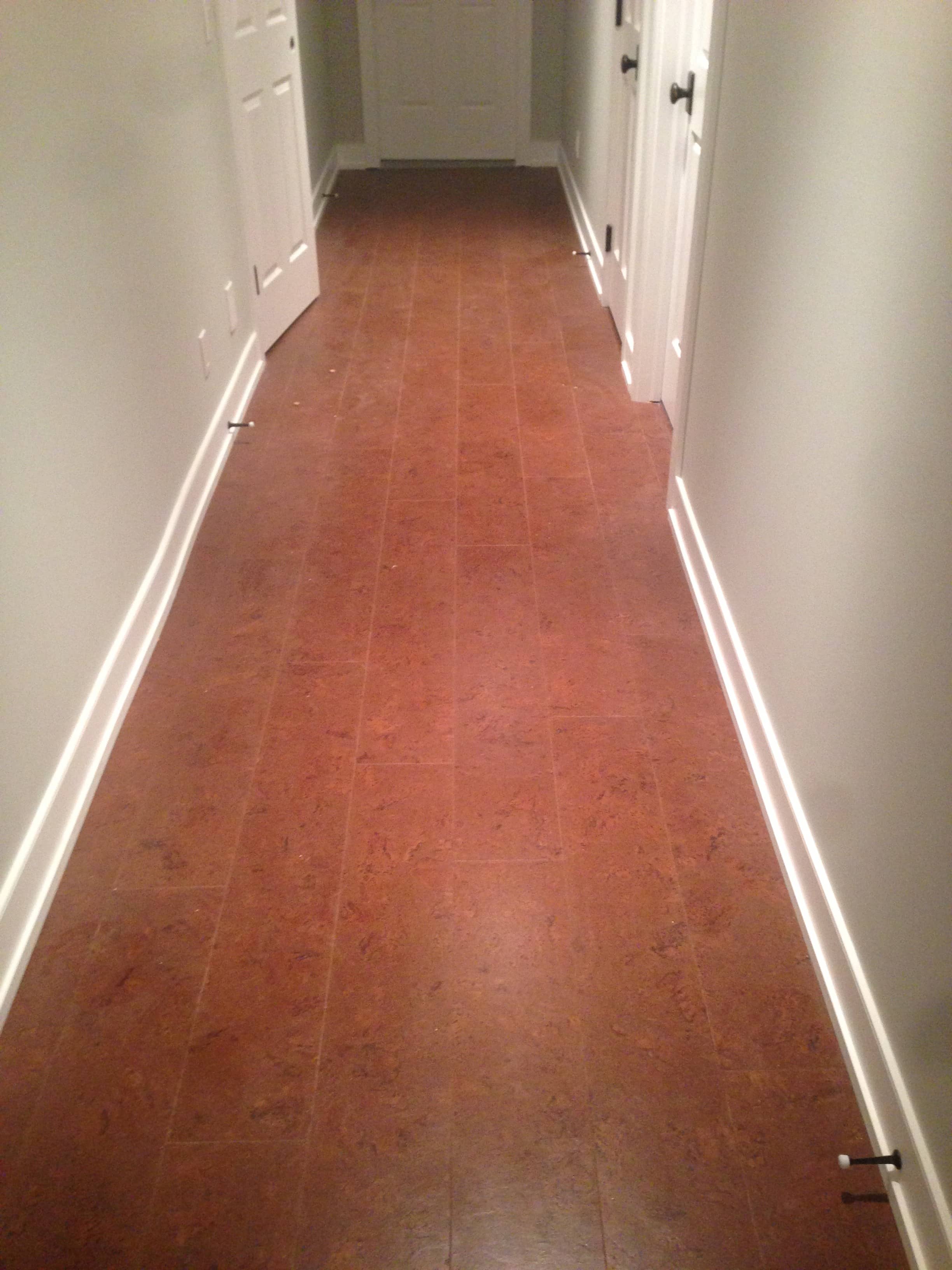

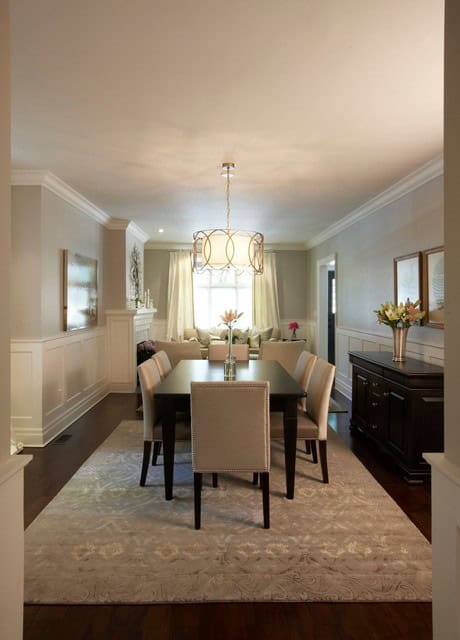


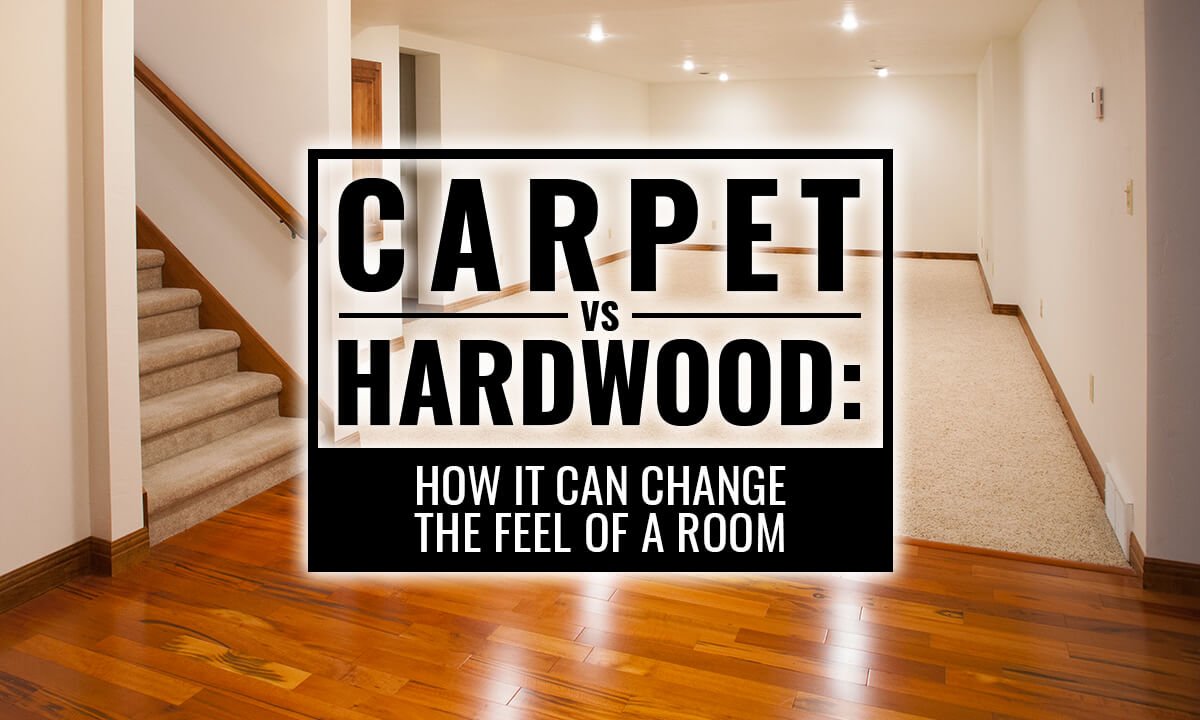

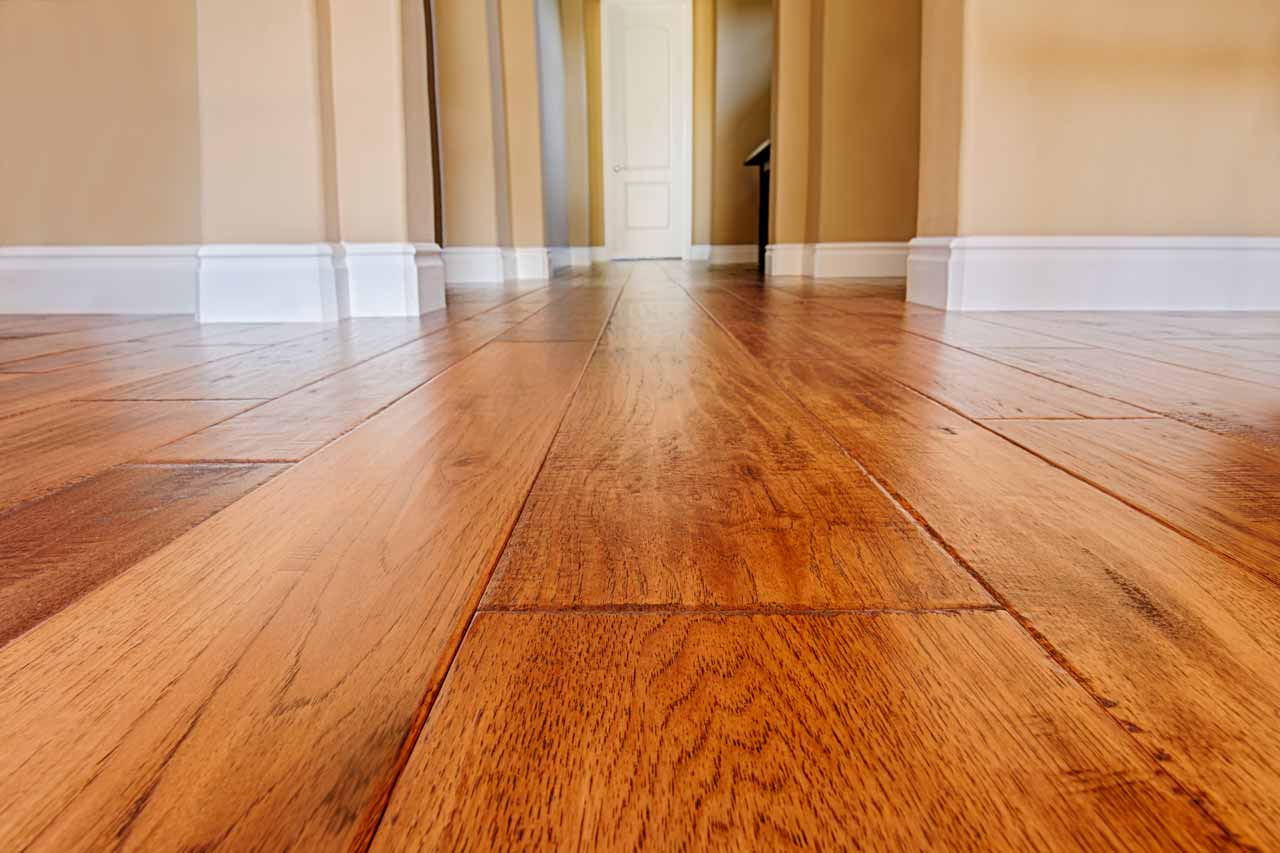

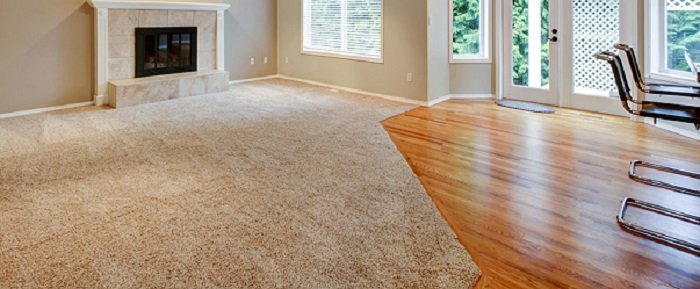
/carpet-vs-hardwood-showdown-1314686_hero-ec90c8bd7b234aa9919b17a37a5dc1e5.jpg)






